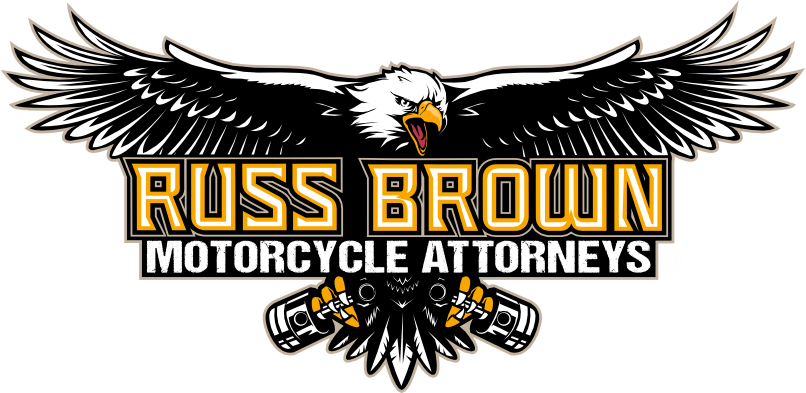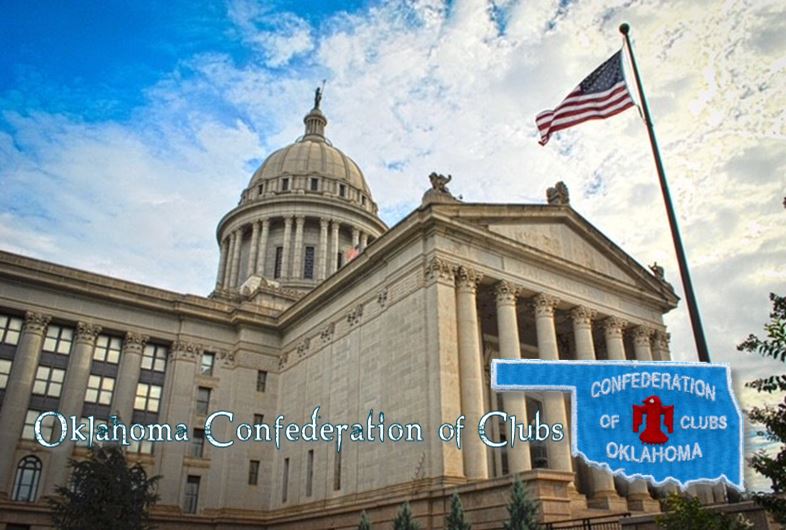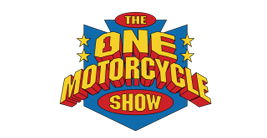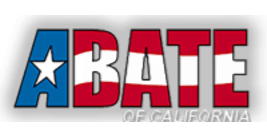The Oklahoma State Senate has introduced SB 1457, a result of grassroots efforts related to motorcycle profiling. This legislation models the law passed unanimously in Washington State in 2011. It requires all law enforcement in the state to adopt a written policy condemning and preventing motorcycle profiling and combines basic training related to preventing the practice. SB 1457 goes one step further and requires law enforcement to work with motorcycle organizations in the community to appropriately address the issue. The epidemic of motorcycle profiling is visible in Oklahoma, where this law has empirically reduced profiling and incidents of discrimination against motorcyclists.
SB 1457 provides more protection than current 4th Amendment constraints against discriminatory pretext traffic stops. Importantly, the fact that someone rides a motorcycle or wears motorcycle related paraphernalia cannot be used as a factor in a stop even if there is probable cause for a traffic violation. SB 1457 says:
“For the purpose of this section, “motorcycle profiling” means the discriminatory use of the fact that a person rides a motorcycle or wears motorcycle-related paraphernalia as a factor in deciding to stop and question, take enforcement action, arrest or search a person or vehicle with or without a legal basis under the United States Constitution or Oklahoma State Constitution.”
The reason discriminatory pretexts must be eliminated is related to the fact that almost all profiling stops are accompanied by an unrelated traffic infraction. Traffic codes are so complex that an officer can almost always establish reasonable suspicion or probable cause to initiate a stop. SB 1457 provides extra protection by requiring that there be no discriminatory motive behind the traffic pretext being used.
Motorcycle related paraphernalia is protected by the 1st Amendment. So are the associations expressed by this paraphernalia. Motorcycle profiling, even when discussing individuals associated with an organization labeled criminal by authorities, violates the doctrine of personal guilt, the idea that an individual has a specific intent to engage in criminal activity. A recent 3rd Circuit Federal Appeals Court explains, that targeting members of even a 1% or outlaw motorcycle club, “without regard to or knowledge of that individual’s specific intent to engage in the alleged violent activities committed by other members, is antithetical to the basic principles enshrined in the First Amendment and repugnant to the fundamental doctrine of personal guilt that is a hallmark of American jurisprudence.”
Law enforcement attempts to justify investigatory profiling stops based on the argument that the individual is associated with a club that is considered to be a criminal organization by government officials.
The US District Court disagrees: There is “no evidence that by merely wearing [motorcycle club] “colors,” an individual is “involved in or associated with the alleged violent or criminal activity of other [motorcycle club] members. It is a fundamental principle that the government may not impose restrictions on an individual “merely because an individual belong[s] to a group, some members of which committed acts of violence.” In fact, the Supreme Court has long “disapproved governmental action . . . denying rights and privileges solely because of a citizen’s association with an unpopular organization.” Healy v. James, 408 U.S. 169, 185-86 (1972) (See Coles v. Carlini, U.S. District Court for the District of New Jersey, Civil No. 10-6132, Opinion, 9/30/2015, p.28)














